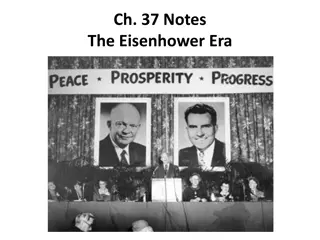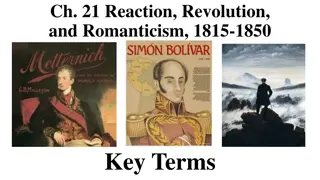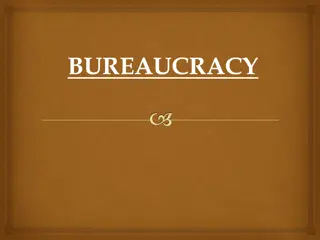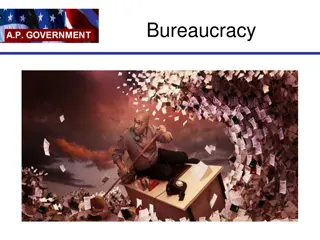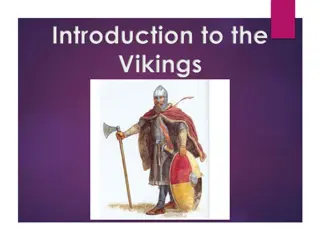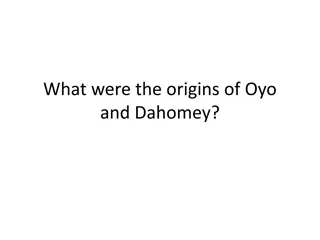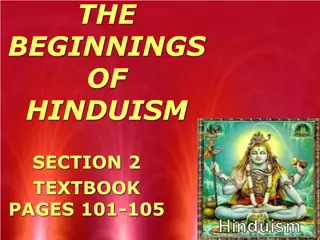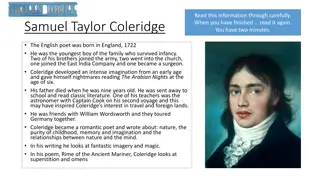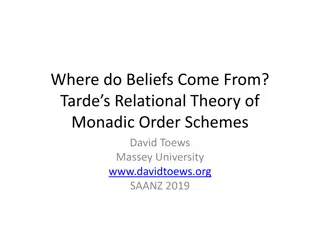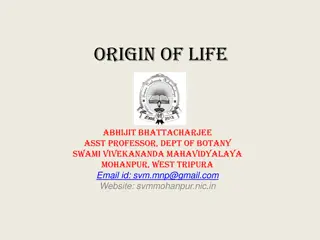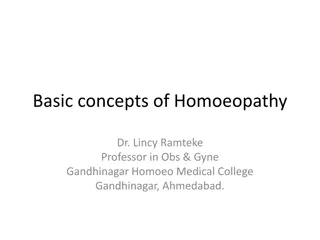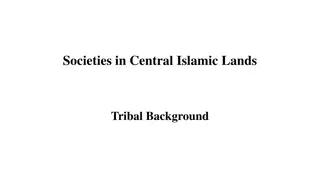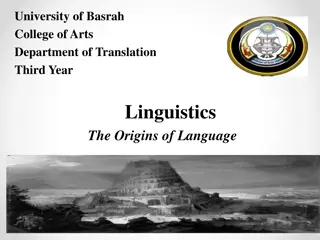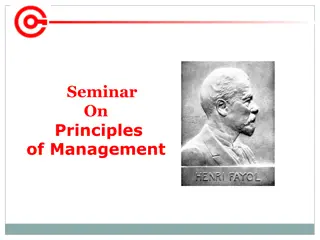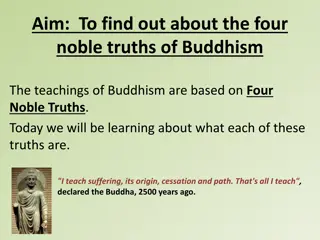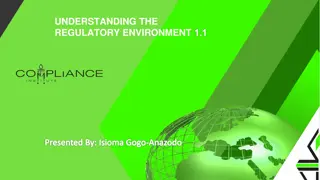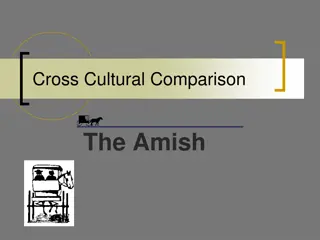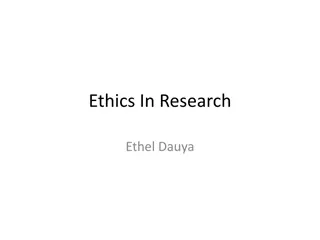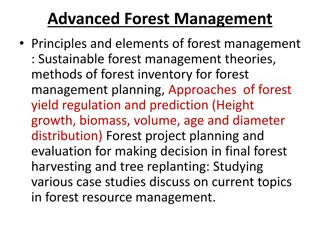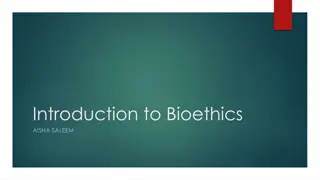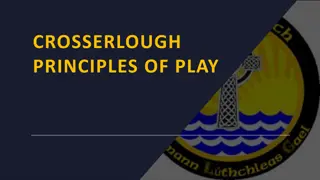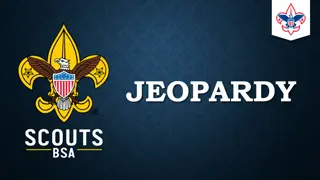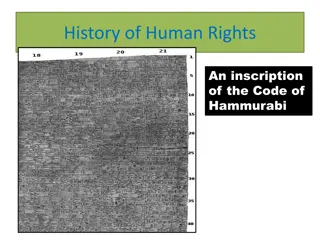Understanding Conservatism: Origins and Principles
Conservatism emerged as a reaction to the upheaval of the French Revolution, valuing tradition, security, and social order. It emphasizes the preservation of traditional institutions and stability, with roots in the beliefs of Edmund Burke. Key features include a focus on human imperfection, tradition, organic society, hierarchy, authority, and property. Conservatism is viewed by some as a practical attitude rather than an ideological stance.
Download Presentation

Please find below an Image/Link to download the presentation.
The content on the website is provided AS IS for your information and personal use only. It may not be sold, licensed, or shared on other websites without obtaining consent from the author. Download presentation by click this link. If you encounter any issues during the download, it is possible that the publisher has removed the file from their server.
E N D
Presentation Transcript
CFE Higher Politics Political Theory Political Ideologies: CONSERVATISM
What led to conservatism? Reaction to French revolution Liberty and equality - problematic Overthrown of monarchy - creation of Republic Replacement of religion Collapse of economy Terror Dictatorship Napoleon
Tradition, security and social order Revolution had abandoned traditional forms of authority; monarchy, clergy, which had stood the test of time no generation should ever be so rash as to consider itself superior to its predecessors French revolution had sacrificed security and order in the name of some abstract ideas which ended up making things worse and created chaos and disorder
Conservatism - Definition It is important to distinguish between Conservatives and conservatives. conservatives (i.e. small c) relates to ideas, i.e. a political model. Conservatives (i.e. big C) is how we refer to the UK Conservative Party For instance, someone who is against changing the pound to the euro would be seen as conservative (i.e. resistant to change) however they many not vote for the UK Conservative party http://www.swindonconservatives.com/wp-content/uploads/2014/10/Eng_logo_full_col.jpg
Conservatism - Definition Conservatism (Latin: conservare, "to preserve") is the belief that traditional institutions work best and that society should avoid radical change. The term has since been used to describe a wide range of views. Political science often credits British politician Edmund Burke with many of the ideas that we now call conservative Some conservatives seek to preserve things as they are, emphasizing stability and continuity, while others oppose modernism and seek a return to the way things were. http://www.conservativebookclub.com/wp-content/uploads/2015/01/Edmund-Burke.jpg
Conservatism - Basic features Human Imperfection Tradition Organic society Hierarchy and Authority Property Discuss the meaning of these terms and how they could relate to a description of how the world works and what it should be like in the future
Conservatism - Definition Many argue that conservatism has no real ideological basis instead they regard it as a practical attitude about politics Conservatism in its modern form, developed in Europe in the 1790 s as a reaction to the Radicalism of the French Revolution. http://images.mentalfloss.com/sites/default/files/french-revolution_6.jpg http://barbwire.wpengine.netdna-cdn.com/wp-content/uploads/2014/04/riotscrackdown3-1050x848.jpg
Conservatism - Definition Conservatism encompasses the following views: 1. Human Imperfection Selfish Greedy Irrational Motivated by basic instincts
http://www.conservativebookclub.com/wp-content/uploads/2015/01/Edmund-Burke.jpghttp://www.conservativebookclub.com/wp-content/uploads/2015/01/Edmund-Burke.jpg Burke believed the most important quality in society is order Most people will obey the state as long as it provides order Any other theorist with a similar view on order and the state? Thomas Hobbes
Clear Laws need to be in place Strong punishments for unacceptable behaviour What might a conservative say about Reasons for braking the law? How to stop people breaking the law?
2. Organic Society Humans are dependent creatures Fear isolation Crave security Natural not rational Therefore Knowing who is in charge is important more important than freedom, choice and change
3. Tradition Support tradition & opposed to change Support for the Monarchy and Religion
4. Hierarchy and Authority Society naturally hierarchical characterised by fixed of established social gradations. Social equality is undesirable and unachievable are unequally distributed. Burke natural aristocracy talent and leadership are innate qualities that cannot be acquired through self-advancement. Authority from above. Leadership and discipline are crucial. Various classes and groups that make up society have specific roles. Discipline is a willing and healthy respect for authority. Authoritarian conservatives state authority is absolute and unquestionable. Most believe, however, believe authority should be exercised with limits.
People will accept authority How is order kept? Courts Law Military Police School Workplace
5. Property Talent is not distributed equally rewards should reflect this Property gives people a stake in society Encourages responsibility Security and self reliance Promotes traditions eg inheritance
Any examples of policies in the that are conservative - Discuss Cuts in inheritance tax Grammar schools Privatisation of industries SNP cutting air passenger duty Strong law and order Right to buy council houses
Different strands of Conservatism conservatism Traditional (authoritarian) Conservatism Hobbes/Burke One nation (paternalist) Conservatism Disraeli The New Right (neo-Liberal) Conservatism Thatcher
One Nation Paternalistic conservatism Social conflict could be reduced through social reform Rich had an obligation to the poor This would unify the nation - harmony
One nation conservatism Benjamin Disraeli Emphasized social responsibility as opposed to extreme individualism Warned against the development of two nations- rich and poor which would lead to conflict, disorder and revolution The rich had obligations to the poor and government had to rule in the interests of the whole nation and care for the welfare of all classes Social conflict could be avoided by creating national unity-patriotism, common traditions and provision of social welfare Conservative governments sought to win working class support for the traditional social order via managing the economy to reduce risky inequalities 1804-1881 Introduced laws to improve public health and conditions for workers
The New Right Cut government interference in economy: deregulation, privatisation, support for free markets Low taxes to encourage incentives and individual responsibility, cuts in social welfare to end dependency culture Strong state to maintain law and order, harsh sentences to deter crime Traditional family values and respect for authority Thatcher/Reagan clip clip


